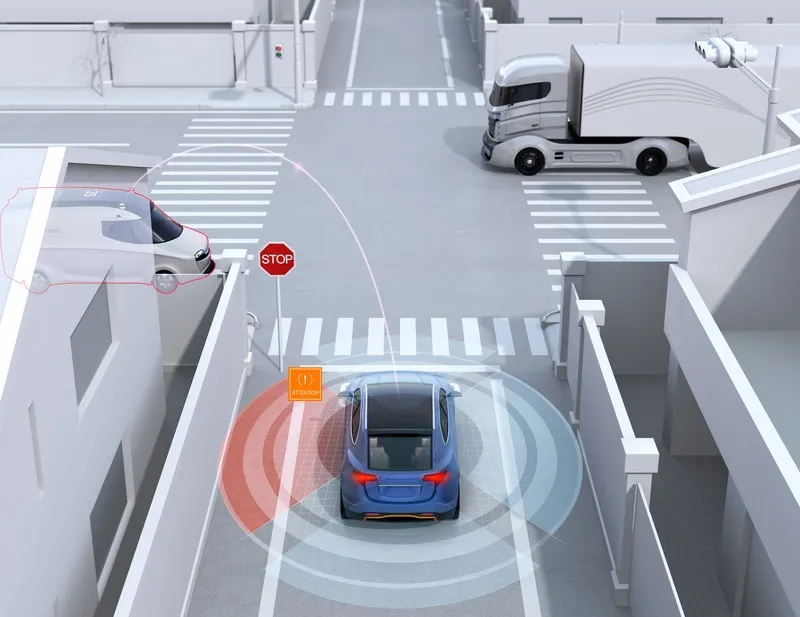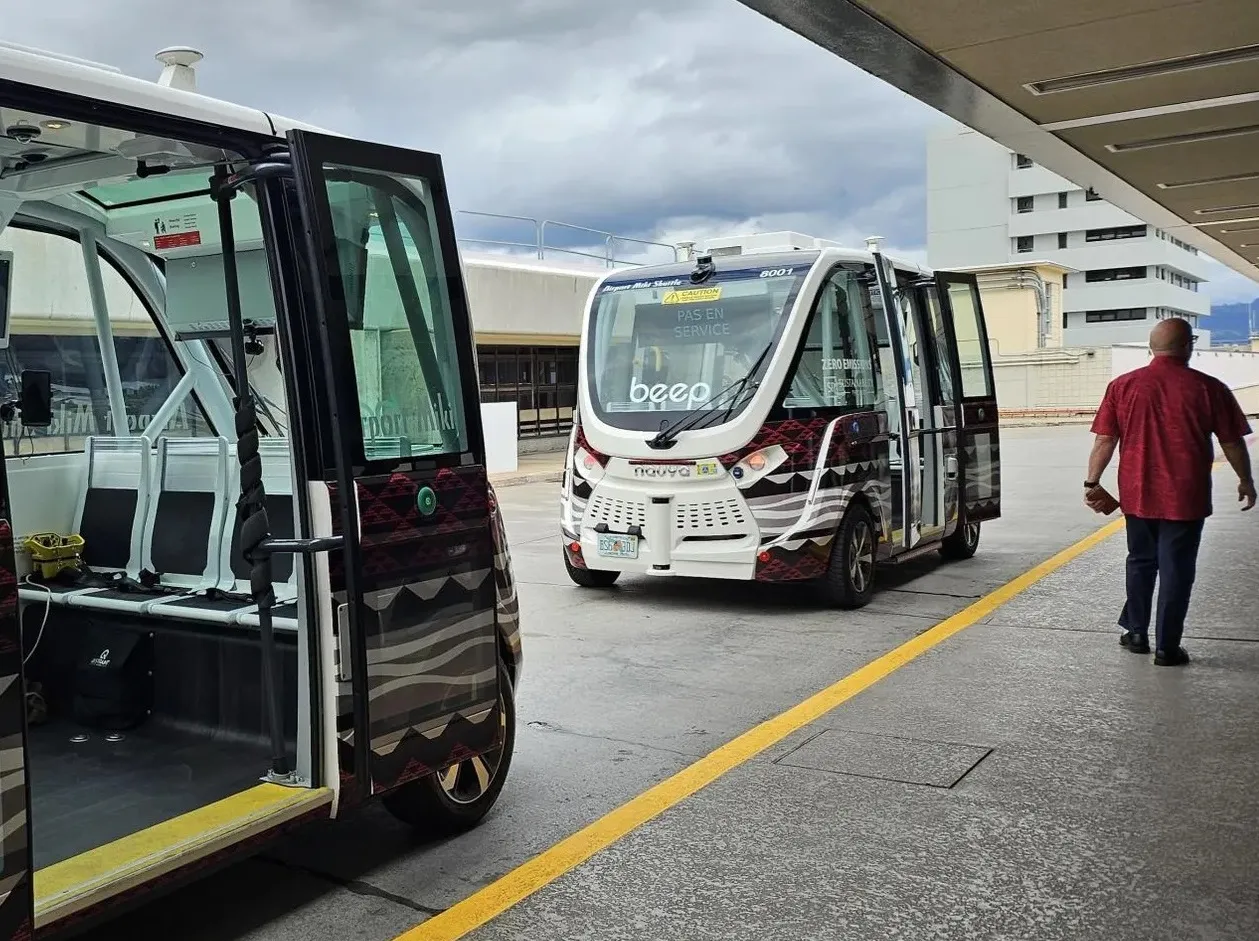
BSI says the publicly available specification (PAS) is designed to help organisations involved in the testing and public trials of C/AVs demonstrate that their safety arrangements follow good practice.
PAS 1881 will help provide confidence to insurers, authorities and the public, the organisation adds.
Developed in collaboration with research group TRL, the free document supplements the UK government’s own code of practice for managing safety during AV testing.
It is part of a two-year C/AV standards programme involving several players, including the Centre for C/AVs, Department for Transport, Innovate UK and Zenzic.
Richard Porter, director of technology and innovation at Zenzic, says: “Organisations who adhere to the framework while developing self-driving technology will be able to move more easily between the different capabilities and environments that our testbed partner facilities provide.”
BSI is also launching PAS 1880 to provide guidelines for assessing the safety of control systems for AVs. The specification is expected to help companies feel more confident in the safety of their vehicles.








